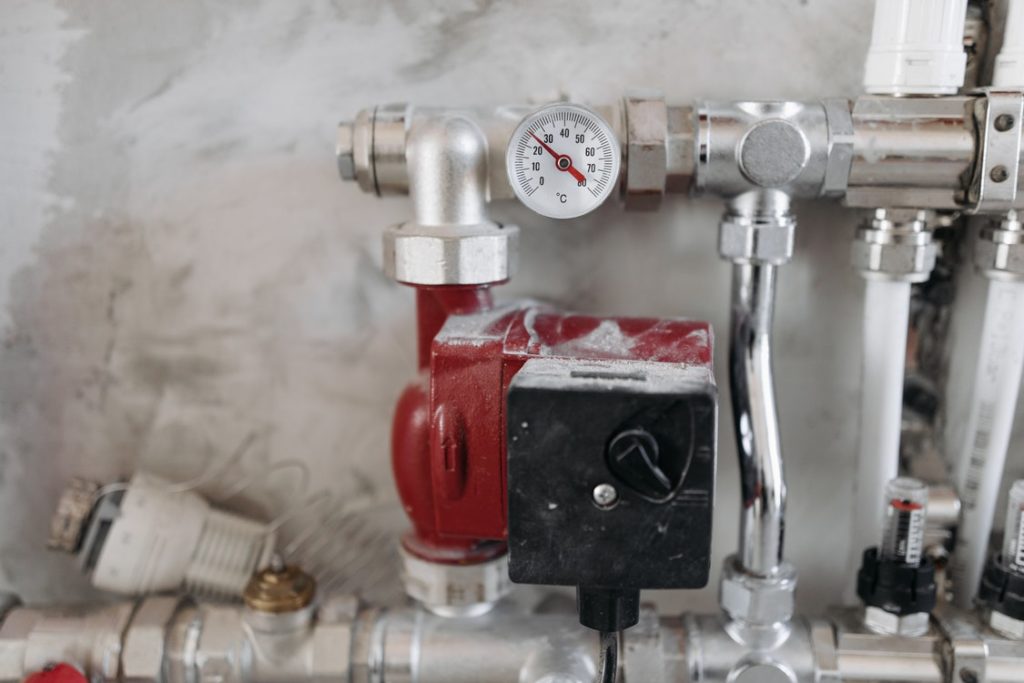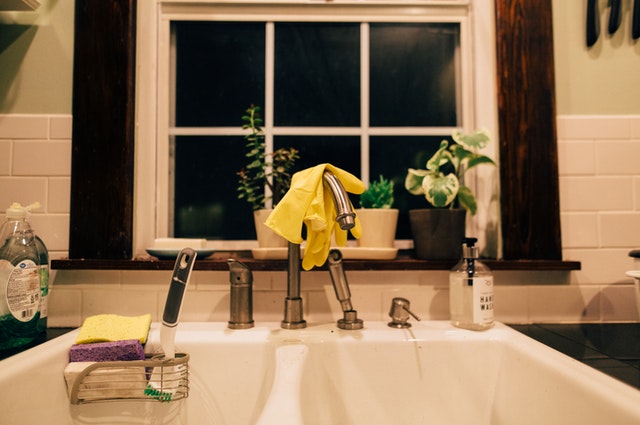
There are several reasons why plumbers, like the ones at Graham and Sons Plumbing, make great employees. They don’t work in an office all day and will interact with a variety of different people. If you’re friendly and can get along well with people, you can earn quite a bit of money. Plumbing is an occupation that can be very lucrative. You won’t have to spend much time in an office and can make a significant income from it. Listed below are some of the most common reasons why plumbers make good employees.
Job Security
Plumbing is a highly respected career with high job security. Almost every industry needs plumbers. With demand increasing every year, plumbers often do not have to worry about being unemployed. This profession is in high demand in New Zealand, which is why there are plenty of jobs available. Despite this, there are fewer people training for plumbing careers. Job security for plumbers is expected to remain high in the coming years. Here are some benefits of becoming a plumber.
A plumber’s job is highly flexible. Since they work alone at a client’s home, they rarely have a boss watching their every move. Because of this, plumbers have a high degree of independence in their work. Unlike the many private equity professionals who must spend several years in college to get a job, plumbers do not have to worry about high job security. They can often earn additional money on the side by assisting family members and friends with their plumbing needs.
While plumbers work for small companies, the majority are self-employed. However, a plumbing degree can lead to a career in engineering. While there are risks involved, the benefits outweigh the risks. A plumber’s education will make it easier to land a job in a small company or self-employed business. If you have the aptitude for research and strategic thinking, you can pursue a career as a plumber.
A plumbing career offers good job security, a high earning potential, and plenty of opportunities for advancement. Not only do plumbers fix toilets, but they also keep entire homes, businesses, schools, and cities running. In other words, plumbers are in high demand in every place water flows. The demand for plumbers is expected to remain high for a long time. However, there are a few things to keep in mind when choosing a career in plumbing.
To become a plumber, you need to obtain a license in your state. To work independently, most states require two to five years of experience, though the requirements vary by state. The United Association’s website offers extensive information about licensing requirements in each state. Besides, plumbers who have a good work-life balance and upward mobility may have a more satisfying job. The average age of a plumber is over 60 years old.
Social Interaction

In today’s world, social media is a primary tool for finding local service providers. Facebook and Twitter are popular places to discuss experiences, and customers often use social media to rate businesses. This feedback gives businesses the chance to improve their service and expand their clientele. According to research, 57 percent of consumers are more likely to trust online reviews than personal recommendations. By maintaining a strong presence on social media, plumbers can stay top of mind with their target customers.
Plumbers can also stay up to date with the latest trends by keeping up with their peers on social media. Some plumbers are already on Facebook and Instagram, where they can interact with other plumbers in the area. Others are on LinkedIn, where they can follow trade associations and plumber hashtags. By being connected to other plumbers, you’ll be one step ahead of your competitors. But if you’re a new plumber, you can use social media to stay on top of the latest plumbing news.
Plumbing is an excellent career choice for someone looking for a flexible job that combines customer service and interpersonal skills. Plumbing jobs are not typically a one-person show, but plumbers have the advantage of being out in the community, meeting people from all walks of life. You’ll never be isolated on the job – plumbers often work in residential and commercial buildings, and they may even be members of a union.
Despite the demanding work associated with plumbing, a plumbing career can be extremely rewarding. The constant interaction with new people is one of the many advantages of this profession, and plumbers can earn significant income if they’re able to deliver great customer service. Plumbing is an increasingly vital trade, as more people recognize its value and are willing to pay for the help of a plumber. Many people try to fix more extensive problems themselves, but end up making their problems worse.
Physical Requirements
Plumbing is a highly physical profession. Physical requirements include strength and flexibility to reach difficult or cramped places. Plumbers also require good hand-eye coordination and the ability to use specialized tools and gauges. They also need excellent vision to spot potential problems and coordinate movements between multiple limbs. Depending on the location and type of plumbing job, plumbers must also be physically fit. They must be able to climb and work in cramped spaces, and they must be able to lift and carry heavy equipment and pipe fixtures.
Plumbers must be able to stand for long periods of time, which can be challenging. They must also be able to tolerate hot and cold temperatures. Those who have a good physical condition should have no problem with the physical demands of this job. Despite the physical challenges associated with plumbing, plumbers must remain alert and able to work in difficult conditions. These conditions are often grueling, so plumbers should be physically fit and have adequate cardiovascular endurance.
In addition to having good physical health, plumbers must be capable of applying logic to problems. Their training requires them to be able to diagnose plumbing problems and solve them effectively. They must also be able to communicate effectively with customers, subcontractors, and supervisors. They may also have to perform clerical duties, such as providing estimates and scheduling consultations. Because they work on the street, they need to be able to prioritize their work.
Apprenticeship programs for plumbing are a great option for plumbing students. Apprentices will receive more hands-on training under the guidance of an experienced plumber. Apprentices should engage in physical exercises regularly to develop their strength and flexibility. The apprentices should also take computer courses, such as budgeting software, word processing, spreadsheets, and foundational IT principles. They should also learn how to read and interpret technical diagrams. Finally, they should be familiar with the local plumbing codes and regulations.
Job Duties
A plumber’s job description is varied. Plumbing professionals install and repair pipes, drains, sewers, and other plumbing systems. Their duties may include installing and extending piping and fixtures and analyzing building codes. They may also be called upon to install medical gas and oxygen. Many plumbers also direct other workers. They may also be called upon to perform special projects, such as renovations and new construction. As a result, plumbing professionals often perform several skills that are unique to the job.
Plumbers specialize in plumbing systems. They install, repair, and maintain water, gas, and waste systems. Their work requires specialized training and the ability to work both indoors and outdoors. Plumbers are also required to work around heavy machinery, electrical work, and soldering copper pipes. As a professional, plumbers are often the sole contact for plumbing emergencies. Plumbing technicians earn a competitive salary and enjoy a wide variety of work.
Plumbing apprenticeships are highly competitive. Apprenticeships take about four years and require hundreds of hours of classroom work. A plumbing apprentice needs to be at least 18 years old and have basic math skills. Once completing the apprenticeship, a plumber is licensed to practice plumbing independently in most states. However, many provinces offer secondary school or online plumbing courses for those who are not ready to embark on an apprenticeship. Once a plumber completes an apprenticeship, he or she is eligible to work anywhere in Canada.
